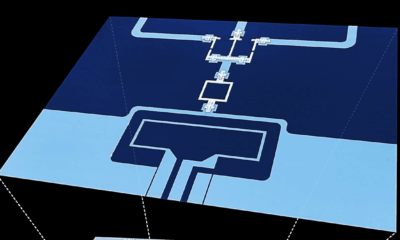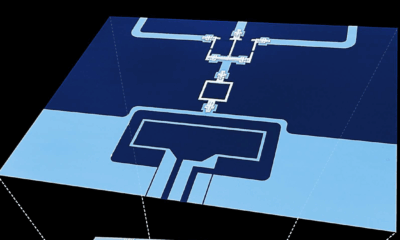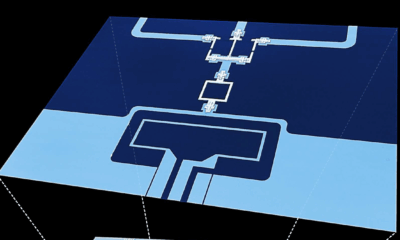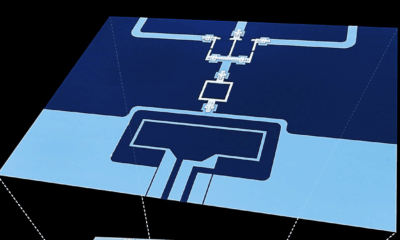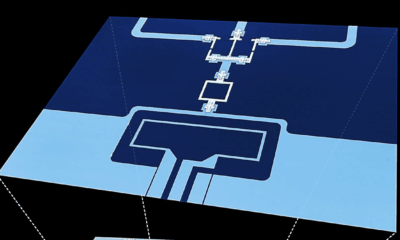Science
Nobel Prize in Physics Honors Pioneers of Quantum Technology
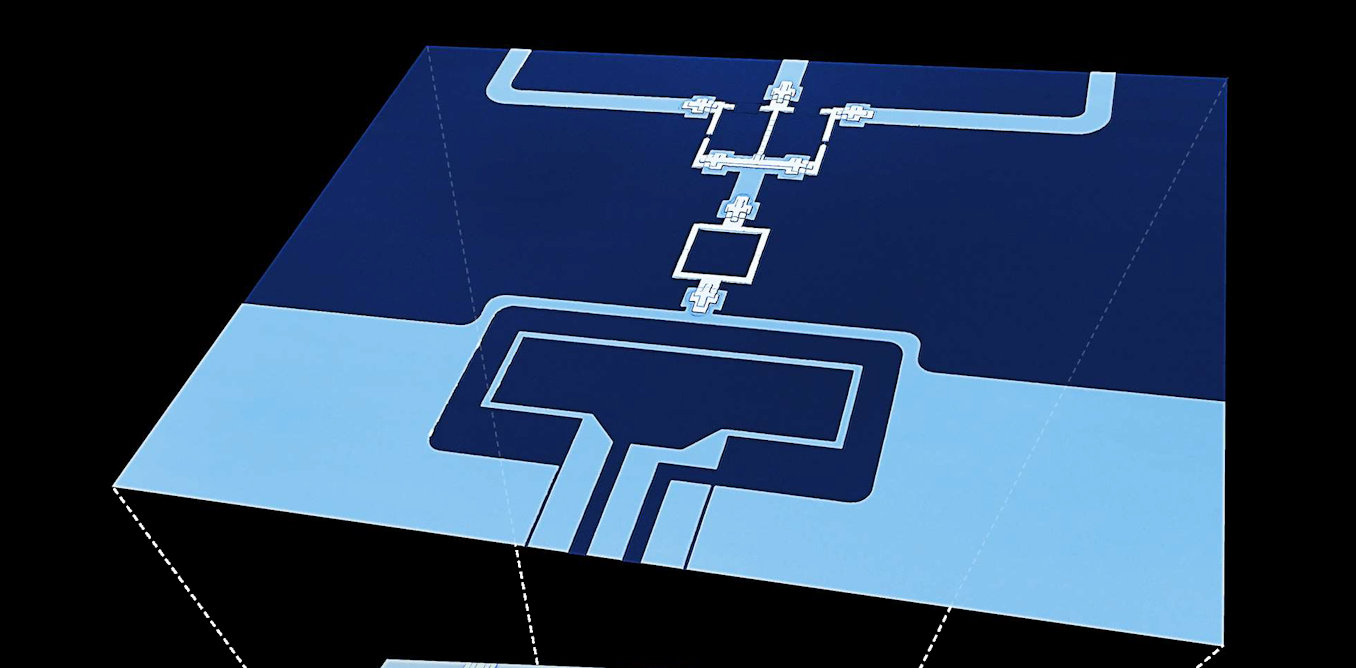
The 2025 Nobel Prize in Physics was awarded to three scientists for their groundbreaking research in ultracold electronics, which has significantly advanced the field of quantum technology. The laureates, John Martinis, Michel Devoret, and John Clarke, demonstrated that superconducting circuits could exhibit quantum behavior, paving the way for practical applications in quantum computing and beyond.
Quantum mechanics describes the unique behavior of microscopic particles and holds immense potential for solving complex problems across various fields, including chemistry and cryptography. The ability to harness quantum systems for computation allows researchers to tackle issues that currently exceed the capabilities of the most powerful classical computers.
In their pioneering studies from the mid-1980s, Martinis, Devoret, and Clarke showcased that even substantial electrical circuits could display quantum characteristics. Their experiments utilized circuits constructed from niobium and lead, which become superconductors when cooled to just above absolute zero. These superconductors can conduct electricity without generating heat, thus obeying the principles of quantum physics.
Impact on Quantum Computing
The significance of their work lies in the discovery that the voltages and currents in superconducting circuits are dictated by quantum mechanics. This means these circuits possess quantized energy levels and can exist in superpositions of multiple states. Essentially, they can be described as single quantum particles, which enhances their utility in technology.
Today, superconducting circuits serve various purposes, including fundamental quantum physics studies, simulating physical systems, and testing ultra-precise sensing protocols. For instance, Devoret’s team recently developed an advanced microwave amplifier based on a superconducting circuit, which has extensive applications in communications and scientific instruments.
Furthermore, Martinis’s research has utilized superconducting circuits to emulate electron-like particle groups, a crucial technique in exploring fundamental physics. In my own research group, we have successfully demonstrated protocols for measuring magnetic fields with greater sensitivity than traditional methods. Quantum sensors like these are invaluable for measuring physical quantities with high precision, impacting fields from biology to geophysics.
Future of Superconducting Circuits
The most significant application of superconducting circuits remains their role as a platform for quantum computing. Quantum computers leverage the unique properties of qubits—quantum bits that can exist in two states—allowing multiple quantum systems to interact and become entangled. This entanglement, combined with quantization and superposition, grants quantum computers their extraordinary capabilities.
For a qubit to function effectively, it must exhibit coherence, meaning it retains its state without random interference. Additionally, qubits must be controllable, allowing researchers to manipulate their states as needed, and scalable, meaning that large numbers can be created and managed. Various technologies, including trapped ions and photons in optical circuits, are being explored, but each comes with trade-offs regarding coherence and controllability.
Superconducting circuits strike a balance, as their design flexibility allows researchers to optimize qubit behavior while maintaining reliability. Their relatively larger size makes them easier to control and interact with compared to more traditional quantum technologies.
As academic research continues to innovate in superconducting qubit development, companies and government laboratories are applying these findings to create large-scale quantum processors for practical use.
The contributions of the Nobel laureates extend far beyond their initial discoveries. Martinis has led significant efforts at Google’s quantum processor initiative and now runs his own company. Devoret continues to play a vital role in the Google project, while Clarke has contributed to the field throughout his esteemed career. Their influence has shaped many researchers, including myself, who strive to build on their foundational work.
In a recent panel discussion, Devoret humorously noted that choosing an academic advisor can be as critical as selecting a spouse, emphasizing the lasting impact of mentorship in academia. His assertion highlights the enduring legacy of these pioneers, as many in the field can trace their academic lineage back to Clarke.
The recognition of their work serves as a reminder of the transformative potential of quantum technology. As we celebrate their achievements, the next generation of researchers is poised to continue pushing the boundaries of what is possible in quantum computing and superconducting circuits.
-

 World1 week ago
World1 week agoPrivate Funeral Held for Dean Field and His Three Children
-

 Top Stories2 weeks ago
Top Stories2 weeks agoFuneral Planned for Field Siblings After Tragic House Fire
-

 Sports3 months ago
Sports3 months agoNetball New Zealand Stands Down Dame Noeline Taurua for Series
-

 Entertainment3 months ago
Entertainment3 months agoTributes Pour In for Lachlan Rofe, Reality Star, Dead at 47
-

 Entertainment2 months ago
Entertainment2 months agoNew ‘Maverick’ Chaser Joins Beat the Chasers Season Finale
-

 Sports3 months ago
Sports3 months agoSilver Ferns Legend Laura Langman Criticizes Team’s Attitude
-

 Sports1 month ago
Sports1 month agoEli Katoa Rushed to Hospital After Sideline Incident During Match
-

 World2 weeks ago
World2 weeks agoInvestigation Underway in Tragic Sanson House Fire Involving Family
-

 Politics2 months ago
Politics2 months agoNetball NZ Calls for Respect Amid Dame Taurua’s Standoff
-

 Top Stories2 weeks ago
Top Stories2 weeks agoShock and Grief Follow Tragic Family Deaths in New Zealand
-

 Entertainment3 months ago
Entertainment3 months agoKhloe Kardashian Embraces Innovative Stem Cell Therapy in Mexico
-

 World4 months ago
World4 months agoPolice Arrest Multiple Individuals During Funeral for Zain Taikato-Fox



